Organic Farming and Food Production: Organic farming and food production have been gaining in popularity in recent years, and for good reason. With a growing awareness of the negative effects of conventional farming practices on the environment and human health, more people are turning to organic farming methods to produce food that is healthier for both people and the planet.
Organic farming is a method of agriculture that relies on natural processes and ecological principles to produce crops and raise livestock. Unlike conventional farming, which uses synthetic fertilizers, pesticides, and other chemicals to enhance yields, organic farming emphasizes the use of natural resources such as compost, cover crops, and crop rotations to build soil health and control pests and weeds.
Organic farming also emphasizes the humane treatment of animals, prohibiting the use of antibiotics and growth hormones and requiring that animals have access to pasture and outdoor spaces. This not only improves the welfare of the animals but also results in healthier and more nutritious meat, dairy, and eggs.
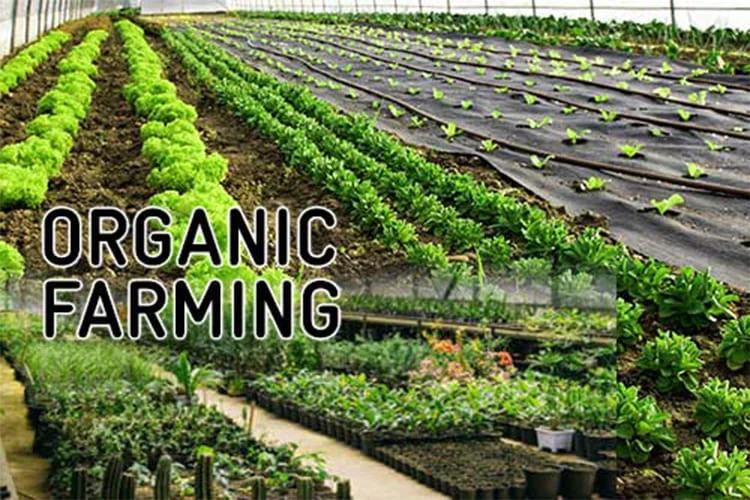
One of the key benefits of organic farming is its impact on the environment. By avoiding the use of synthetic fertilizers and pesticides, organic farming reduces the amount of harmful chemicals that are released into the environment, including waterways and soil. This helps to protect the health of wildlife and ecosystems and can also lead to improved soil health and biodiversity.
Organic farming practices can also help to mitigate climate change by reducing the amount of greenhouse gases emitted from farming operations. For example, organic farmers often use cover crops and crop rotations to build soil health and sequester carbon, which can help to offset the emissions associated with livestock production and transportation.
Another benefit of organic farming is its impact on human health. By avoiding the use of synthetic chemicals in food production, organic farming reduces the amount of toxic residues that can end up in our food and water supply. This can help to reduce the risk of health problems such as cancer, birth defects, and developmental disorders.
In addition, organic food has been found to be more nutritious than conventionally produced food. Studies have shown that organic fruits and vegetables have higher levels of antioxidants and other beneficial nutrients, while organic meat and dairy products contain higher levels of omega-3 fatty acids and other important nutrients.
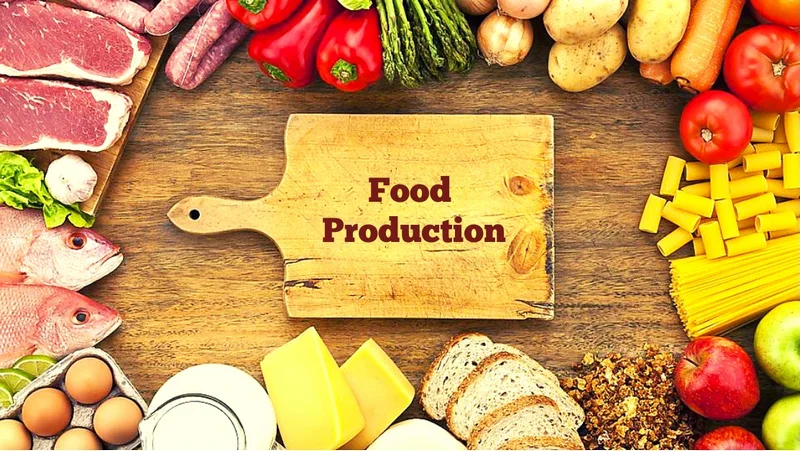
Despite the many benefits of organic farming and food production, there are also challenges associated with this method of agriculture. Organic farmers often face higher costs for inputs such as organic seed, compost, and labor, which can make it difficult for them to compete with conventional farmers who rely on cheaper synthetic inputs.
In addition, organic farming can be more labor-intensive than conventional farming, requiring more time and effort to manage pests and weeds without the use of synthetic chemicals. This can make it difficult for small-scale farmers, who may not have the resources to invest in the necessary equipment and labor.
Another challenge facing organic farming is the lack of infrastructure and support for organic farmers. While demand for organic food is growing, many farmers face barriers in accessing markets and distribution channels for their products. In addition, organic certification can be a complex and expensive process, which can deter some farmers from pursuing organic production.
Despite these challenges, there are many reasons to support organic farming and food production. By supporting organic farmers and choosing organic food, consumers can help to promote sustainable agriculture and protect the environment and human health. In addition, supporting organic farming can help to create a more resilient food system that is less vulnerable to the impacts of climate change and other environmental threats.
Overall, organic farming and food production offer a promising alternative to conventional farming methods that rely on synthetic chemicals and other unsustainable practices. By embracing organic agriculture and supporting organic farmers, we can help to build a more sustainable and resilient food system that benefits both people and the planet.
Read Also: Pest and Disease Management
![]()

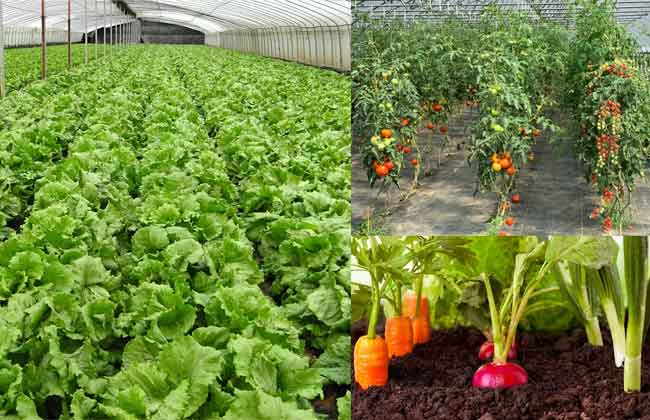
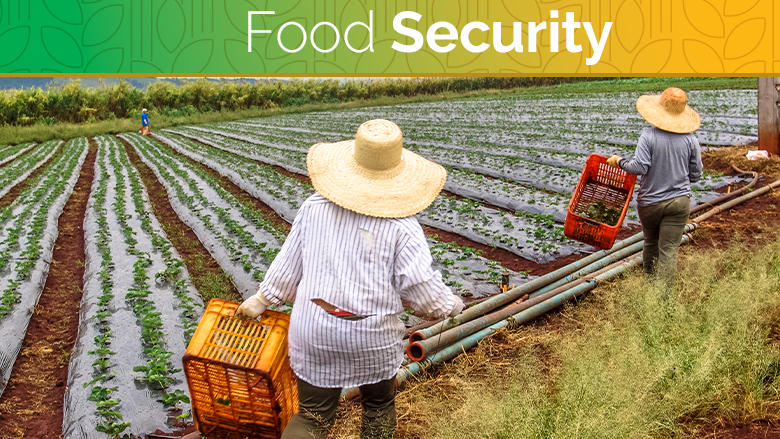

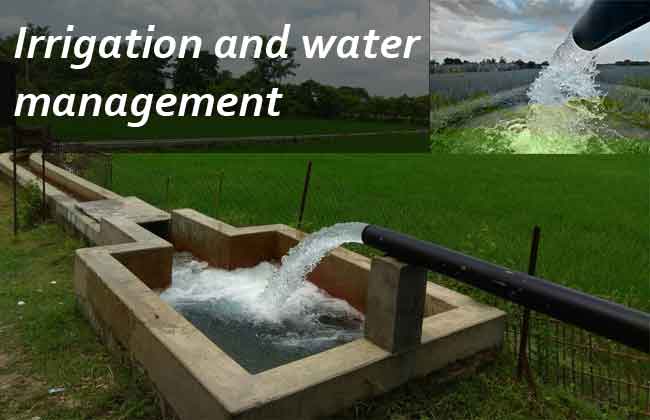
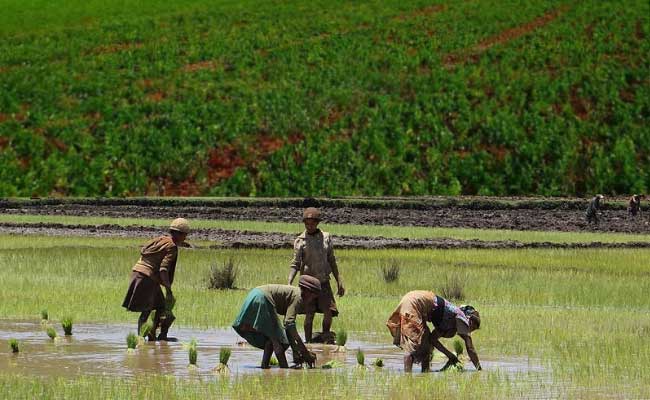
One thought on “Organic Farming and Food Production”